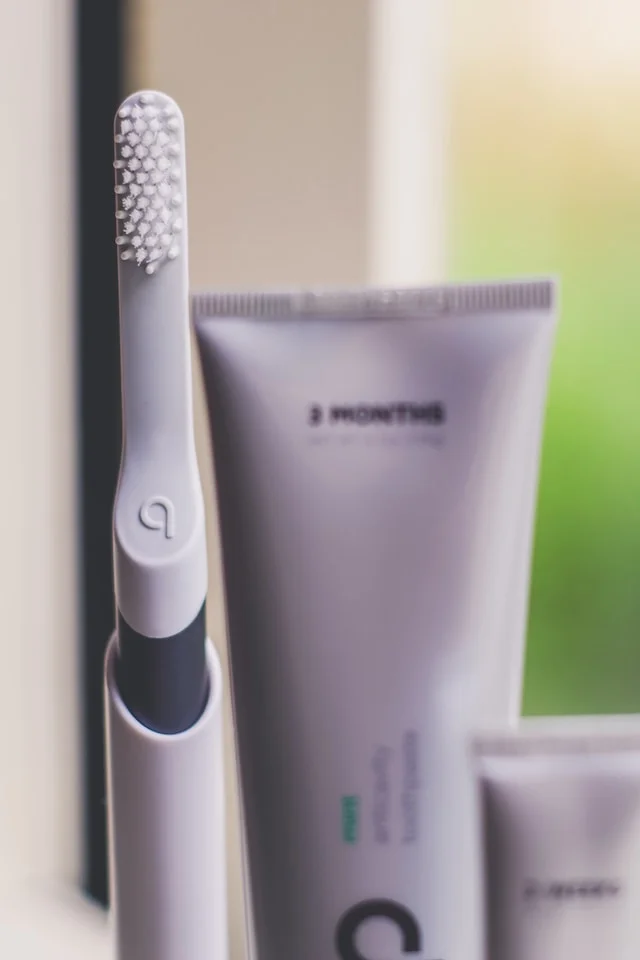How to Get a Dementia Patient to Brush Their Teeth
I know how challenging it can be to care for a loved one with dementia, especially when it comes to their dental hygiene. People with dementia may forget to brush their teeth, leading to various oral health issues like bad breath. In this article, I’ll share some practical steps and strategies to help you get dementia patient to brush their teeth and maintain good oral health.
How Difficult is the Challenge?
Before we jump into the solutions, it’s crucial to understand why dementia patients often neglect their dental care. Dementia can affect a person’s ability to remember daily routines and tasks, including brushing teeth. Not brushing can lead to bad breath, which can be quite unpleasant, making it challenging to be around your loved one, especially in close quarters like a car.
Strategies for Getting a Dementia Patient to Brush Their Teeth
Brush Their Teeth for Them: One of the most effective ways to ensure dental hygiene for a dementia patient is to brush their teeth for them. Dementia can make it difficult for them to process the steps involved in brushing. You can also inquire about dental swabs designed for those who cannot or will not brush. Consulting a dentist can provide valuable information in this regard.
1. Use an Electric Toothbrush

Electric toothbrushes are user-friendly and can make the brushing process easier for dementia patients. They often have built-in timers and pressure sensors, ensuring a more thorough clean without much effort.
2. Brush Together
To make brushing more appealing, try brushing your teeth alongside your loved one. This creates a sense of togetherness and mimicking behavior can encourage them to participate.
3. Supervise and Follow Up
Allow the dementia patient to brush their teeth first while you watch. After they’ve given it a try, go back and brush for them, ensuring a more thorough cleaning.
4. Floss and Tongue Scraping
Incorporating string floss and a metal tongue scraper into the routine can help combat bad breath and cavities. Flossing and scraping the tongue after every meal is a good practice.
5. Consider a Bidet
For the elderly with dementia, maintaining personal hygiene can be a challenge. Installing a bidet in the bathroom can simplify the process of cleaning after using the toilet.
Step-by-Step Guide to Brushing an Alzheimer’s Patient’s Teeth with an Electric Toothbrush
Let’s break down the process of brushing a dementia patient’s teeth using an electric toothbrush.
Step 1: Gather Supplies
You’ll need an electric toothbrush, toothpaste, a cup of water, a small towel, and a cup for rinsing.
Step 2: Prepare
Ensure the bathroom is well-lit and comfortable. Place all the necessary supplies within easy reach.
Step 3: Position
Have your loved one sit in a comfortable chair or stand in front of a sink. Make sure they are at ease.
Step 4: Prep the Toothbrush
Apply a pea-sized amount of toothpaste to the toothbrush.
Step 5: Begin Brushing
Turn on the electric toothbrush and guide it gently to their mouth. Start with the upper teeth, brushing each tooth surface, the gumline, and the tongue side.
Step 6: Rinse
After brushing the upper teeth, have them rinse with a cup of water. Then, move on to the lower teeth, following the same procedure.
Step 7: Rinse Again
After brushing the lower teeth, rinse again, and turn off the toothbrush.
Step 8: Towel Off
Use a small towel to wipe their face, ensuring they are comfortable and dry.
Step 9: Offer Praise
Finish the process by praising them for their cooperation and effort.
What If the Dementia Patient Doesn’t Cooperate?
Dementia patients may resist brushing their teeth, making it a challenging task. If they don’t cooperate, try to remain patient and understanding. It’s essential to avoid creating stress or discomfort for your loved one. You can always try the following:
- Attempt brushing at a different time of day when they might be more relaxed.
- Play soothing music or engage in a calming activity before brushing.
- Seek professional advice from a dentist or dental hygienist for personalized strategies.
How Long Can One Go Without Brushing Their Teeth?
Proper dental care is essential for everyone, and this includes dementia patients. Neglecting dental hygiene can lead to oral health issues, and the consequences can be severe. While it’s not advisable to go without brushing for an extended period, the specific timeline varies from person to person. Regular brushing, ideally after every meal, is crucial to prevent dental problems.
Benefits of Clean Teeth and Fresh Breath for Dementia Patients
Maintaining good oral hygiene has several advantages for dementia patients. Here are some key benefits:
Preventing Bad Breath: Clean teeth and gums help prevent bad breath, which can be quite distressing for both the patient and their caregivers.
Preventing Dental Issues: Regular brushing and flossing help prevent cavities, gum disease, and other dental problems that can cause pain and discomfort.
Enhancing Overall Well-Being: Good oral hygiene contributes to better overall health, reducing the risk of infections and inflammation that can be detrimental to dementia patients.
Preserving Dignity: Maintaining dental health allows the patient to retain their dignity and self-esteem, as it’s an essential aspect of daily personal care.
Conclusion
Caring for a dementia patient’s dental health can be a challenging but essential task. By understanding their limitations and employing the right strategies, we can ensure that they maintain good oral hygiene. Remember, patience and a compassionate approach are key. If you have any tips, stories, or questions about dental care for dementia patients, please share them in the comments section below.
